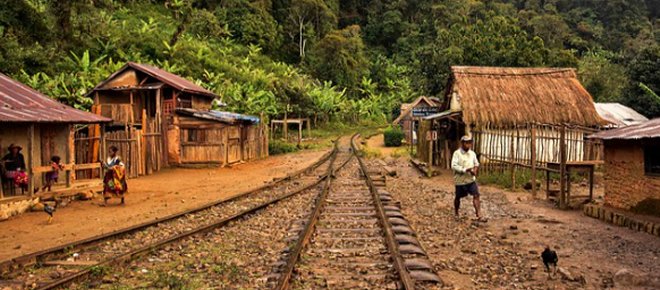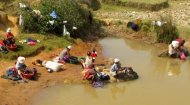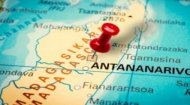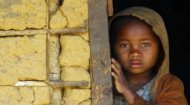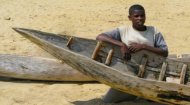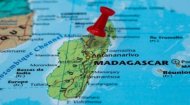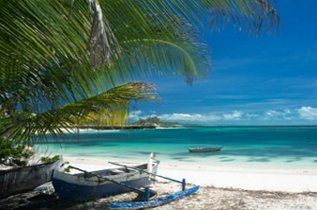|
Madagascar ProfileMadagascar ProfileMadagascar ProfileMadagascar Profile |

|
However, as with many of the newly emerging African republics, Madagascar replaced one form of unwanted rule with a succession of unstable governments, coups and assassination attempts at odds with a military aim of creating a 'socialist paradise' with firm ties to the Soviet Union and the spurning of ties with the west. These crises, most notably in 2002 and 2009, have often led to international sanctions, a suspension of foreign aid, and a sharp decline in foreign investment, crippling the economy. Today, the nation is a semi-presidential republic where a directly elected president serves as head of state and a prime minister, chosen from the National Assembly, serves as head of government, however, while recent years have seen a return to a constitutional framework with regular elections, the political climate remains fragile. Endemic corruption, weak governance, and a disconnect between politicians and the populace are persistent issues that hinder long-term development and the effective implementation of policies. Madagascar is home to approximately 32 million people, with a remarkably young population- nearly 60% are under the age of 25. The Malagasy people are officially divided into 18 main ethnic groups, or foko, each with its own distinct cultural practices and regional homelands. Despite these divisions, they are united by the Malagasy language, a Malayo-Polynesian tongue that is spoken throughout the island. French remains an official language, a legacy of the colonial era, and is used primarily in government and business. Religion in Madagascar is a blend of Christianity (both Protestant and Catholic) and traditional beliefs. Ancestor worship holds a powerful influence, often syncretised with Christian practices. The concept of fady (culturally specific taboos or prohibitions) plays a significant role in daily life, guiding social interactions and respect for the natural world. Poverty is widespread, with a stark divide between urban centers and rural areas, where the majority of the population lives in subsistence conditions. Madagascar's economy is largely agrarian, with over 75% of the population engaged in farming. The country is the world's leading producer and exporter of vanilla, a high-value spice that is a critical source of foreign currency. Other key agricultural exports include cloves, coffee, and lychees. Rice is the staple food, and its cultivation dominates the rural landscape. Beyond agriculture, Madagascar has significant mineral resources, including nickel, cobalt, ilmenite, and precious stones. The textile industry has also been an important sector, though it has suffered from the country's political instability, which can affect preferential trade agreements. Despite this resource wealth, Madagascar remains one of the poorest countries in the world, ranking in 183rd place out of 193 countries and territories in 2025 when in terms of life expectancy, literacy, access to knowledge and the living standards of a country. Its economic growth is hampered by a severe infrastructure deficit—poor roads make it difficult to transport goods from farms to markets, and access to electricity and clean water is limited, especially in rural regions. The economy is also highly vulnerable to external shocks, such as fluctuating global commodity prices and the devastating effects of climate change. Madagascar faces a convergence of daunting challenges: Despite these challenges, Madagascar's allure is undeniable. It is a premier destination for nature lovers and adventurous travellers. Its status as a biodiversity hotspot is unmatched as an estimated 80-90% of its wildlife is found nowhere else on Earth. The island is perhaps most famous for its lemurs, with over 100 species ranging from the tiny mouse lemur to the indri. It is also home to a dazzling array of chameleons, unique birds, and the elusive fossa, its largest carnivore. The scenery is also as diverse as its fauna. Visitors can marvel at the iconic Avenue of the Baobabs, explore the surreal limestone pinnacles of the Tsingy de Bemaraha National Park (a UNESCO World Heritage site), trek through the dense rainforests of Ranomafana, or relax on the pristine beaches of islands like Nosy Be. Find out more about Madagascar in our Madagascar profile pages above. |
